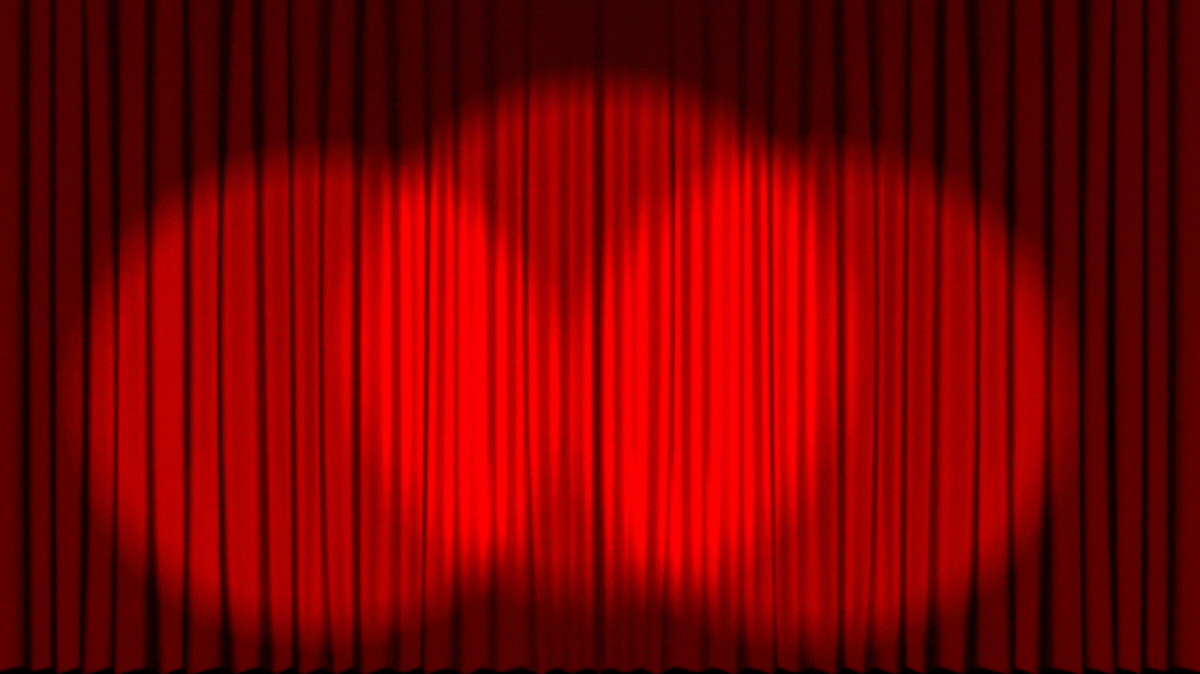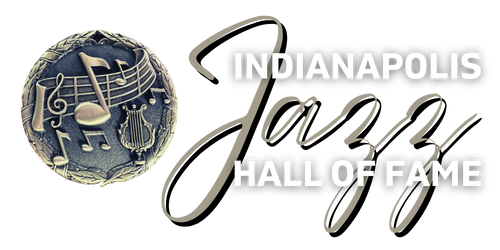
Freddie Hubbard
Jazz & Bebop Flugelhornist
Inducted into the Indianapolis Jazz Hall of Fame in 2007
Frederick Dewayne Hubbard
(April 7, 1938 – December 29, 2008)
Freddie Hubbard grew up in Indianapolis and received his early music training from John H. White at Arsenal Technical High School. Early on, White did not approve of Hubbard’s technique of fingering the trumpet and insisted he begin on flugelhorn. At White’s funeral, Hubbard stated, “…had it not been for his insistence that I play the flugelhorn, then I would not have reached the ultimate level of greatness.”
As a teenager, Hubbard worked and recorded with the Montgomery Brothers – Wes, Monk and Buddy. His first recording session was for an album called The Montgomery Brothers and Five Others. Around that same time, he also assembled his first band, the Jazz Contemporaries, with bassist (and manager) Larry Ridley, saxophonist/flutist James Spaulding, pianist Walt Miller and drummer Paul Parker. The quintet became recurring players at George’s Bar on Indiana Avenue.
John White helped Hubbard secure a scholarship at Indiana Central College to study French horn, however, Hubbard wanted to play trumpet and instead enrolled in Butler University where he studied with Max Woodbury, the principal trumpeter of the Indianapolis Symphony Orchestra. Hubbard, Larry Ridley, and David Baker would experiment with jazz at the school despite repeated counseling to concentrate on classical music.
In 1958 Freddie moved to New York and during the 1960s he performed with many of the great jazz groups. He was known primarily for playing in the bebop, hard bop and post-bop styles from the early 1960s on. His unmistakable and influential tone contributed to new perspectives on modern jazz and bebop. By the early 1970s, he was one of the top jazz trumpeters in the world. His album First Light won a Grammy for best jazz performance of the year. In 2006, the National Endowment for the Arts accorded Hubbard its highest honor in jazz, the NEA Jazz Masters Award.
Although influenced by titans like Miles Davis and Clifford Brown, Hubbard ultimately forged his own unique sound – a careful balance of bravado and subtlety that fueled more than fifty solo recordings and countless collaborations with some of the most prominent jazz artists of his era. Shortly after his death at the end of 2008, Down Beat called him “the most powerful and prolific trumpeter in jazz.” Embedded in his massive body of recorded work is a legacy that will continue to influence trumpeters and other jazz artists for generations to come.
Freddie Hubbard








